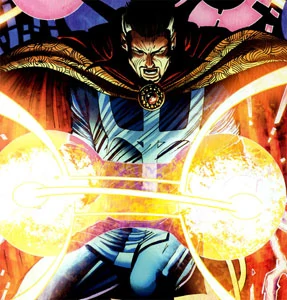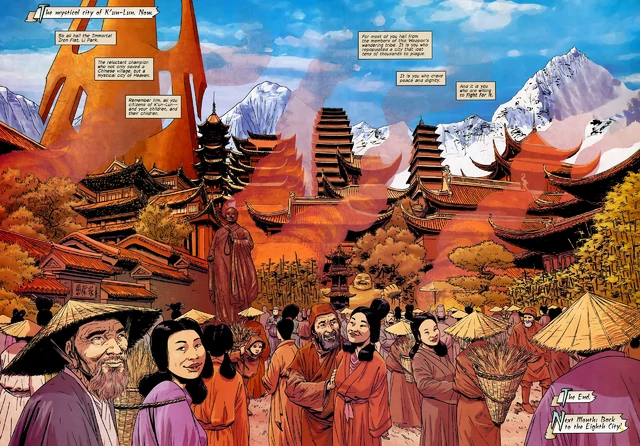You may have heard about “The Shadow,” a 90’s superhero film starring Alec Baldwin. Baldwin’s character begins the movie as an opium dealer in Tibet. However, through the teachings of a local monk, he finds redemption and the will to be a superhero.
While the movie is rather mediocre, it’s unique in that it dares to mention Tibet by name. These days, that would be a problem.
China is currently the second-largest film market in the world. The annual box office revenue of 8-9 billion dollars. Films can be made or broken by China’s reception. And filmmakers are wary of upsetting the Chinese audience.
The 2016 Marvel film “Dr. Strange” made controversial changes to the character’s story. In the comics, Stephen Strange journeyed to Tibet to learn the mystic arts.
His movie counterpart traveled to Nepal. The “Ancient One”, who served as Strange’s teacher, was originally Tibetan man. But in the movie, he became a British woman.
Critics said that these changes were yet another example of “whitewashing”. Whitewashing is when white actors play minority characters in films.
Screenwriters hit back at these critics. They said that casting a Tibetan actor would alienate Chinese viewers. And casting a Chinese actor would alienate Tibetans.
Marvel’s Netflix Series “Iron Fist,” tells the story of a boy who survives a plane crash in Tibet. Warrior monks rescue him and take him to the city of Kunlun.
Kunlun exists in another dimension that only opens once every ten years. While the story is true to the comics, the show’s portrayal of Kunlun is not.
Producers turned the predominantly Asian Kunlun into a multicultural city. This move allowed them to avoid backlash from any particular group.
In an interview with the Daily Beast, producer Scott Buck said: “It’s a celestial city that exists in another dimension and because of that there’s nothing that we felt made it specifically Chinese or Tibetan.”
Marvel is not the only comic book company that caters to Chinese censors. In “Batman Begins”, Bruce Wayne receives martial arts training in a foreign country. The country looks a lot like Tibet. However, this country is never named.
Filmmakers who want their movies shown on the Chinese Mainland face many bars. They must have approval from the State Administration of Press, Publication, Radio, Film and Television, or SAPPRFT.
SAPPRFT determines whether proposed films can play for the mainland Chinese populace. Sometimes, SAPPRFT bans films for non-political reasons.
2014’s Deadpool was banned for gratuitous violence and sexual content. Deadpool 2 was allowed to air after filmmakers agreed to make a special PG-13 version.
Just last year, the Chinese government announced that they would dismantle SAPPRFT. However, this was in favor of a new governing body that would report to China’s cabinet.
This will give the government even tighter control over film content.
Fantasy movies can still be subject to real-world politics. Today’s filmmakers walk a fine line. The choose between preserving the their material and appealing to international audiences.
But for now, Hollywood’s understanding with China goes on. And they ensure that the widest possible audience will enjoy beloved characters.





0 Comments